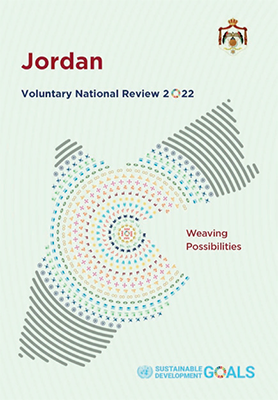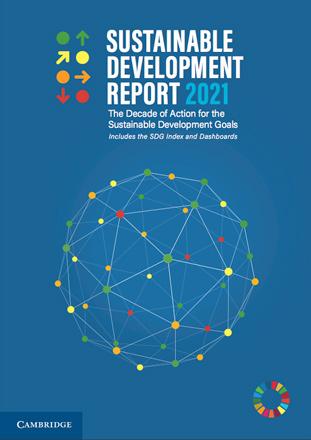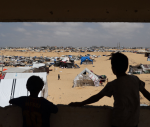You are here
62.7% of Jordan’s indicators show progress towards Sustainable Development Goals
By Mays Ibrahim Mustafa - Aug 24,2023 - Last updated at Aug 24,2023

AMMAN — According to Jordan’s Second Voluntary National Review (VNR), which measures the country’s progress in implementing the 2030 Agenda for Sustainable Development, 62.7 per cent of the analysed indicators of the Sustainable Development Goals (SDGs) reflect positive trends and better development.
Only 18.4 per cent of Jordan’s analysed SDG indicators saw negative trends.
The SDGs that achieved the highest progress were SDG 2 (zero hunger), SDG 4 (quality education), SDG 6 (clean water and sanitation), SDG 9 (industry, innovation and infrastructure), SDG 12 (responsible production and consumption) and SDG 14 (life below water), the report stated.
Indicators associated with SDG 8 (decent work and economic growth) and SDG 10 (reduced inequalities) recorded the least progress.
Challenges
The report pointed out that there remain various regional and global challenges that impede progress towards achieving SDGs.
Jordan’s economic trajectory continues to experience the “spillover effect” of regional conflicts and turbulence that have occurred over the past decade, leading to refugee inflows that have increased pressure on its infrastructure and services, the report said.
The Kingdom’s economic growth rate decreased from 6.5 per cent in the period between 2000 and 2009 to around 2.4 per cent in the period between 2010 and 2019, while the government debt-to-GDP ratio increased “dramatically”.
“Today as we gradually emerge from the pandemic, the world is now facing the ramifications of a war in Europe. The Russia-Ukraine conflict has already manifested itself in supply chain disruptions and an increase in the price of oil and basic commodities, further burdening our small economy and potentially undermining prospects for recovery,” the report said.
It also noted that “chronic” challenges faced by Jordan include water shortages, reliance on external sources of energy and climate change.
These factors make it more difficult to deal with high unemployment rates, poverty and developmental disparities across the Kingdom, the report added.
Related Articles
AMMAN — Jordan ranks 72 worldwide and fifth in the MENA region on the Sustainable Development Goals (SDG) index report.
AMMAN — Jordan tops the six Arab countries that achieved 66 per cent or above in the UN Sustainable Development Goals (SDG) Report.The repor
AMMAN — A recent brief by the Jordan Strategy Forum (JSF) reported that the unemployment rates of Jordan’s youth were “particularly discoura

















